Mon Ami Mishap
October 8th, 2009 |Lately, things have been pretty crazy, but I’ll start from the beginning. A couple of weeks ago, I went to the beach in St. Louis for a few days, and when I came back to Thilogne, the grasshoppers had magically disappeared - they went away along with the rain. The rainy season is now over. Since it has not rained in close to three weeks, it’s been hotter than usual, though I can honestly say I will take scorching heat over grasshoppers any day.
Things were going well for a couple days and then last Wednesday night, around 8:00 p.m., as I was getting getting ready for bed (yes, I go to sleep early here), I heard a lot of commotion outside, so I went to check it out. There, I saw Mon Ami whimpering and limping towards me, her legs bloody and disheveled. A couple of kids told me she was hit by a car. I brought her into my room, blood dripping all over the place, and tried to get her bandaged as well as I could, with her squirming and yelping and nipping the air. I didn’t know what to do, if the leg was broken or not, so I had my mom call the veterinarian in America, and the vet said to change her bandages daily and give her antibiotics.
I did this for almost a week, although changing her bandages was so stressful because she was in so much pain and moved around so much. I couldn’t clean it well because she wouldn’t let me. The wounds were not getting any better, and they were obviously infected (one day I even found maggots crawling around inside two of her cuts) so I decided to take her to see the vet in Dakar. I had to rent out a car, because no Senegalese person would share a car with a dog. Of course, on the way to Dakar, the car broke down, but we eventually made it in a total of 13 hours.
I took her to the vet yesterday, and he put her to sleep in order to scrub her wounds well with soap and spray antiseptic on them, and today he’s going to do the same thing except she will be awake. He said I could not be there for the cleaning today because I am “too sensitive to watch.” Tomorrow he will remove the dead tissue and Saturday he is going to try to close up the leg.
What else is going on? Well, as I mentioned before, the PCVs in the North do health-related skits in Pulaar for the Matam region (Northern Senegal) Radio show. It is a great way to get information out, especially when everybody listens to the radio, even people in remote villages. Last Saturday, the theme of the show was pre-natal care. I wrote a skit about a pregnant woman who found out she was infected with HIV, but she was able to prevent her baby from being infected by taking the necessary steps. The problem with the show is that we only have female volunteers working on it, so we have to play the men as well as the women. This is an issue because whenever someone starts talking like a man, everyone laughs, and the shows are live so we really can’t afford to laugh uncontrollably. If you click the “click me” link below you can see Marisa and I broadcasting the skit I wrote. The first one is rated PG-13 due to profanity, and the second one is rated G.
You can also see a short video of my house and host family,
and footage of the market in Thilogne.
Thanks for reading, everyone!
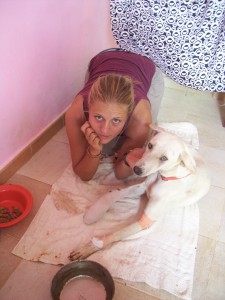
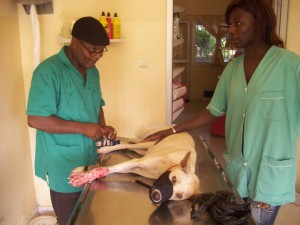
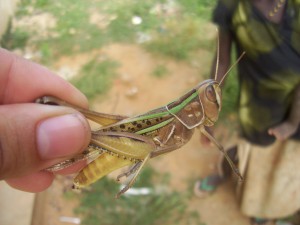
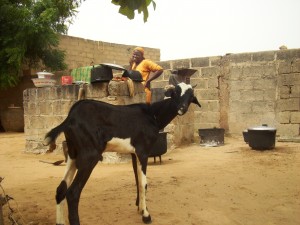
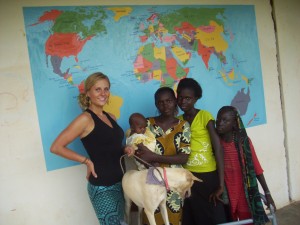
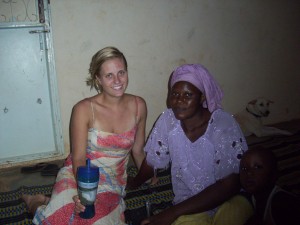
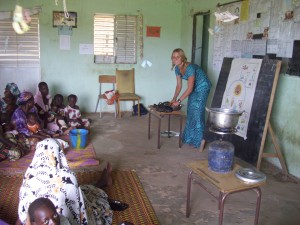
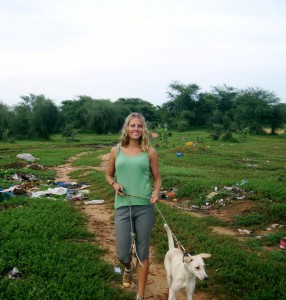
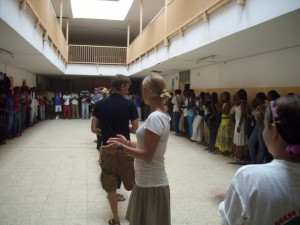
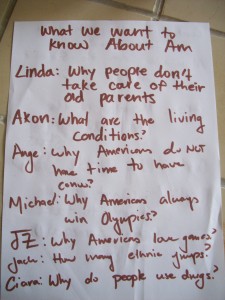

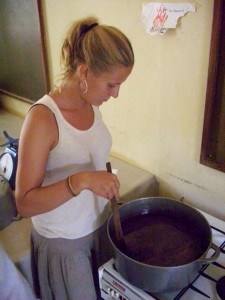
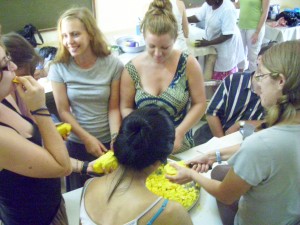
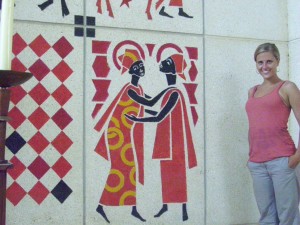
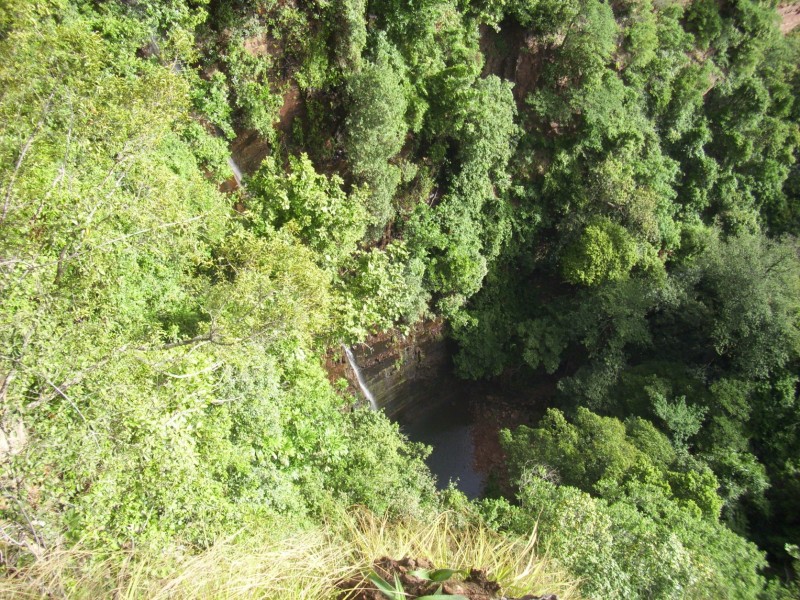
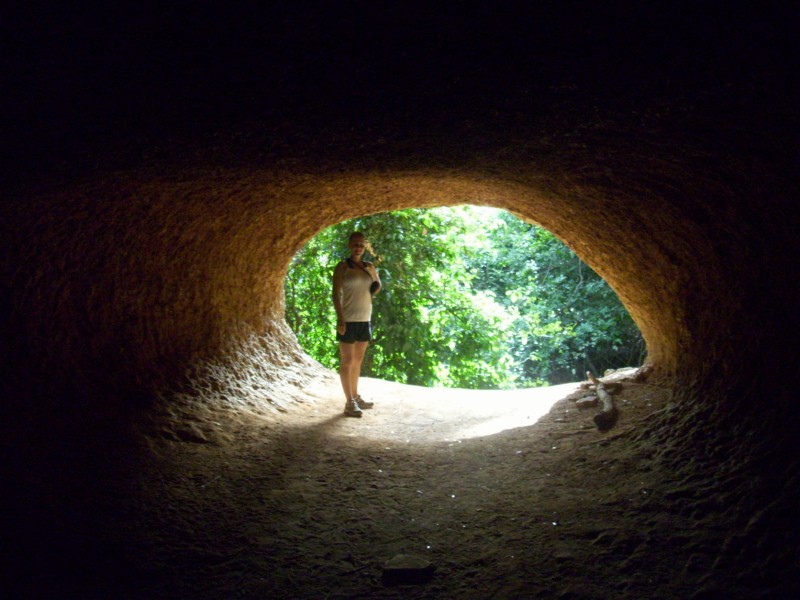

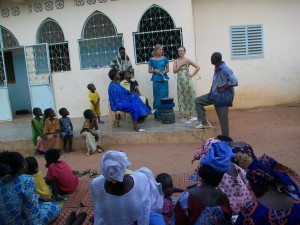
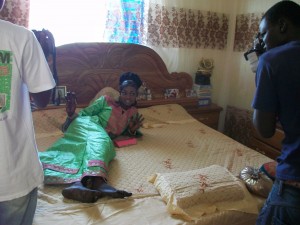
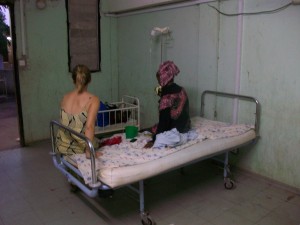
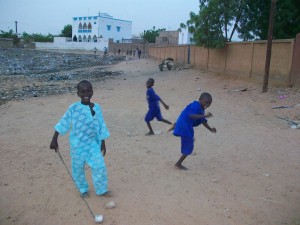
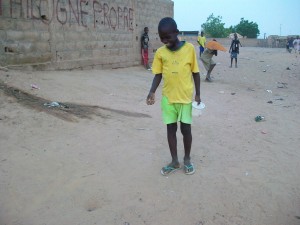
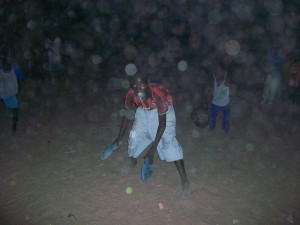
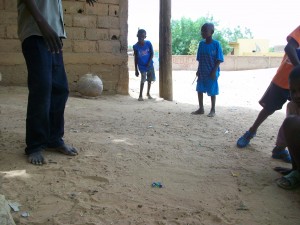
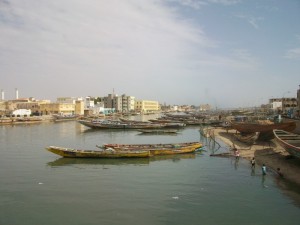
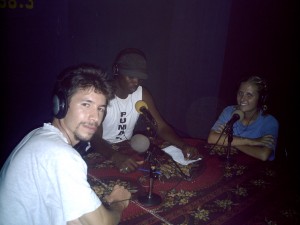
Recent Comments
Welcome home. It was cool following your blog! And everyon...
I can't wait to see you and meet Mon Amie!!! CALL ME SOON...
I like the paintings... I dislike the "antics"... I can't wa...
Hi Erin, sorry to hear about Demba's antics. About them mice...
I forgot to add ~ I hope you find a nice room with icy cold ...